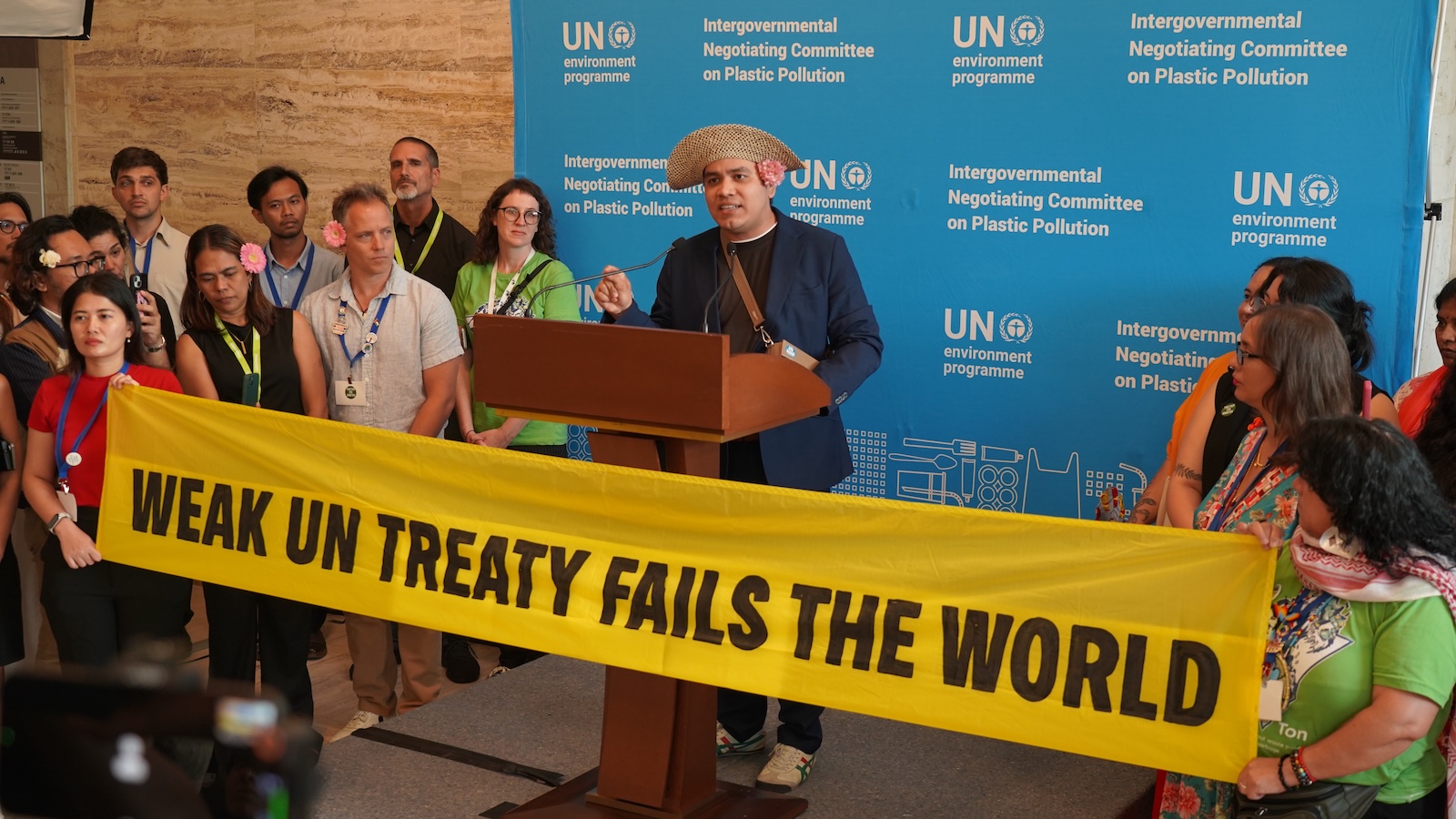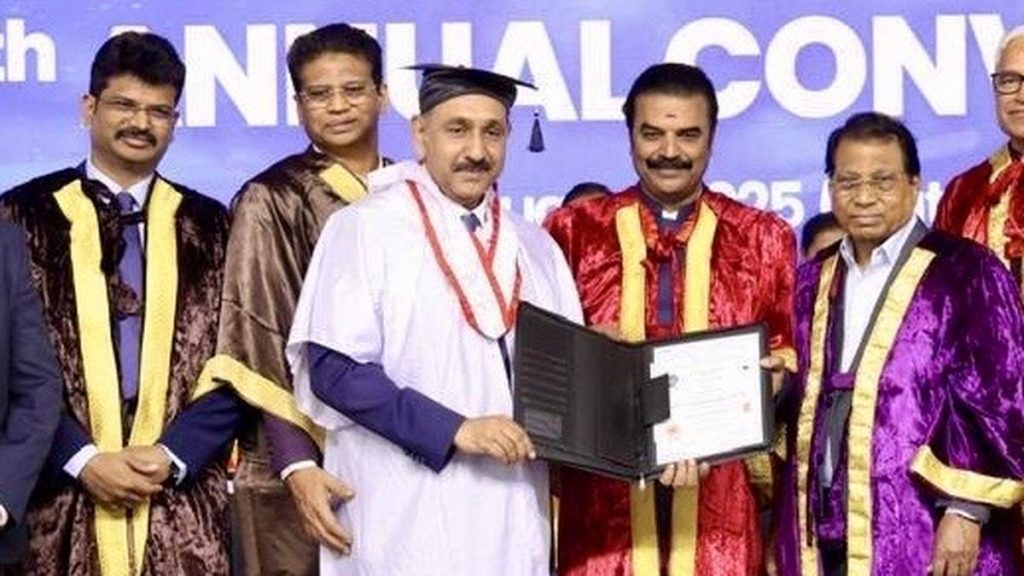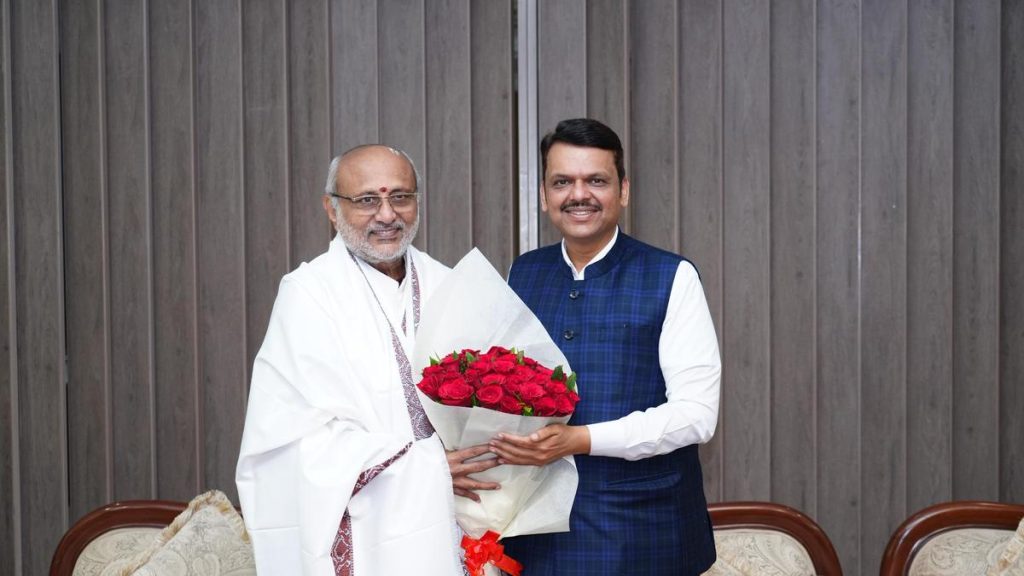Now Reading: UN Plastics Treaty Talks Collapse Without Agreement
-
01
UN Plastics Treaty Talks Collapse Without Agreement
UN Plastics Treaty Talks Collapse Without Agreement

fast Summary
- Nine days of talks by global diplomats in Geneva to finalize a U.N.plastics treaty ended without an agreement.
- Negotiations aimed at addressing teh “full life cycle” of plastics stalled due to disagreements over mandatory measures and binding commitments.
- A coalition of oil-producing countries, including Saudi Arabia, Russia, and Iran, resisted strict controls on plastic production and hazardous chemical use, blocking progress using consensus-based decision-making rules.
- Delegates rejected two new drafts proposed by the chair, preferring earlier versions from previous sessions for future discussions.
- The European Union and many nations reiterated their commitment to continuing negotiations despite the deadlock.
- Activists raised concerns over nontransparent processes and emphasized that relying solely on consensus-based decisions hinders compromise.
- Environmental groups celebrated the rejection of weak treaty drafts but lamented delays in critical action against plastic pollution.
- Further negotiation dates are pending, while upcoming events like December’s U.N.Environment Assembly gather attention as next potential pivot points.
Indian Opinion Analysis
The impasse at Geneva highlights a basic global challenge: balancing differing national interests against urgent environmental imperatives like curbing plastic pollution. While India’s position was not highlighted here specifically, this issue inherently impacts developing countries such as India significantly owing to high population density and vulnerability to environmental degradation.
India could face unique pressures from both sides in similar future discussions – balancing its developmental goals involving industries reliant on polymer production with its growing leadership role in lasting practices globally.The absence of a legally binding treaty adds prolonged uncertainties for policy alignment across global economies while giving transitional relief for industrial stakeholders resisting abrupt changes.
Transitioning to majority voting instead of consensus may be worth deliberating globally if meaningful progress is continually stalled; however,any final decision must align practicality with ambition so progressive nations aren’t restrained by others’ hesitations or conflicts of interest.
























